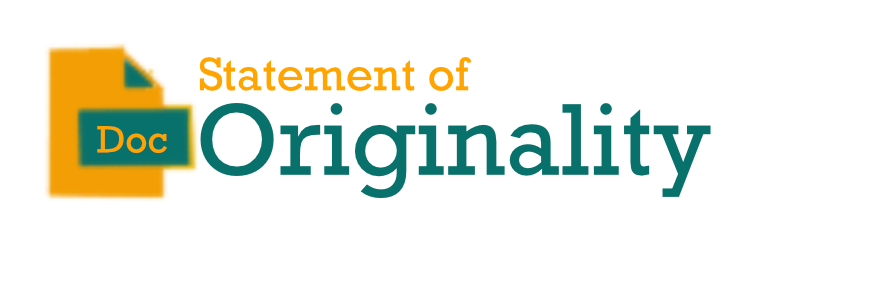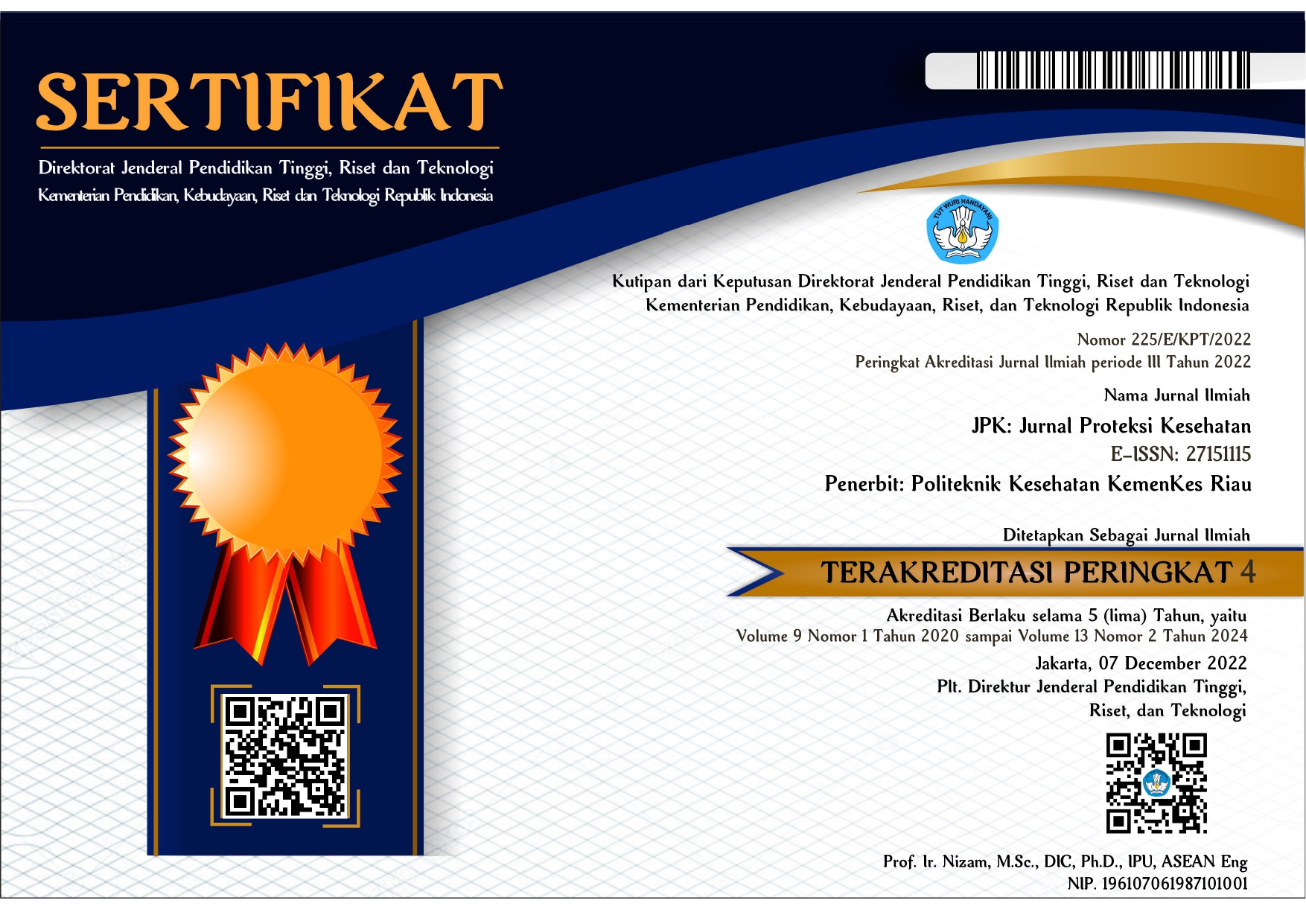The Relationship of Stress Level with Self-Efficacy in Pulmonary Tuberculosis (TB) Patients
DOI:
https://doi.org/10.36929/jpk.v11i2.538Abstrak
Pulmonary tuberculosis impacts the psychological state (mental) in the form of stress. Self-efficacy focuses on the belief in being able to perform self-care management. This study aims to identify the relationship stress levels with self-efficacy in TB patients. The design of this study is correlational quantitative research with cross-sectional approach. The research sample was 64 Pulmonary tuberculosis patients with a purposive sampling technique. The questionnaire as a data collection tool is the DASS 42 specifically for stress and the Pulmonary tuberculosis self-efficacy questionnaire. The statistical test used is the Spearman rank correlation. The results of this study was the average stress score was 6.41, and the patient's average self-efficacy was 64.92. Spearman correlation test showed significant relationship stress levels with self-efficacy of Pulmonary tuberculosis patients p < 0.001 correlation (r) of -0.631, which showed strong relationship. There is a relationship between stress levels and self-efficacy in pulmonary TB patients. Nurses are expected to be able to provide comprehensive nursing care through health education related to the treatment of pulmonary tuberculosis and motivate patients to continue to recover in treatment to completion.















